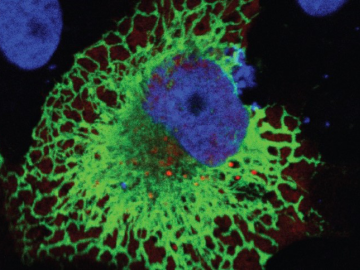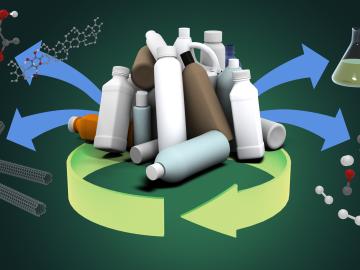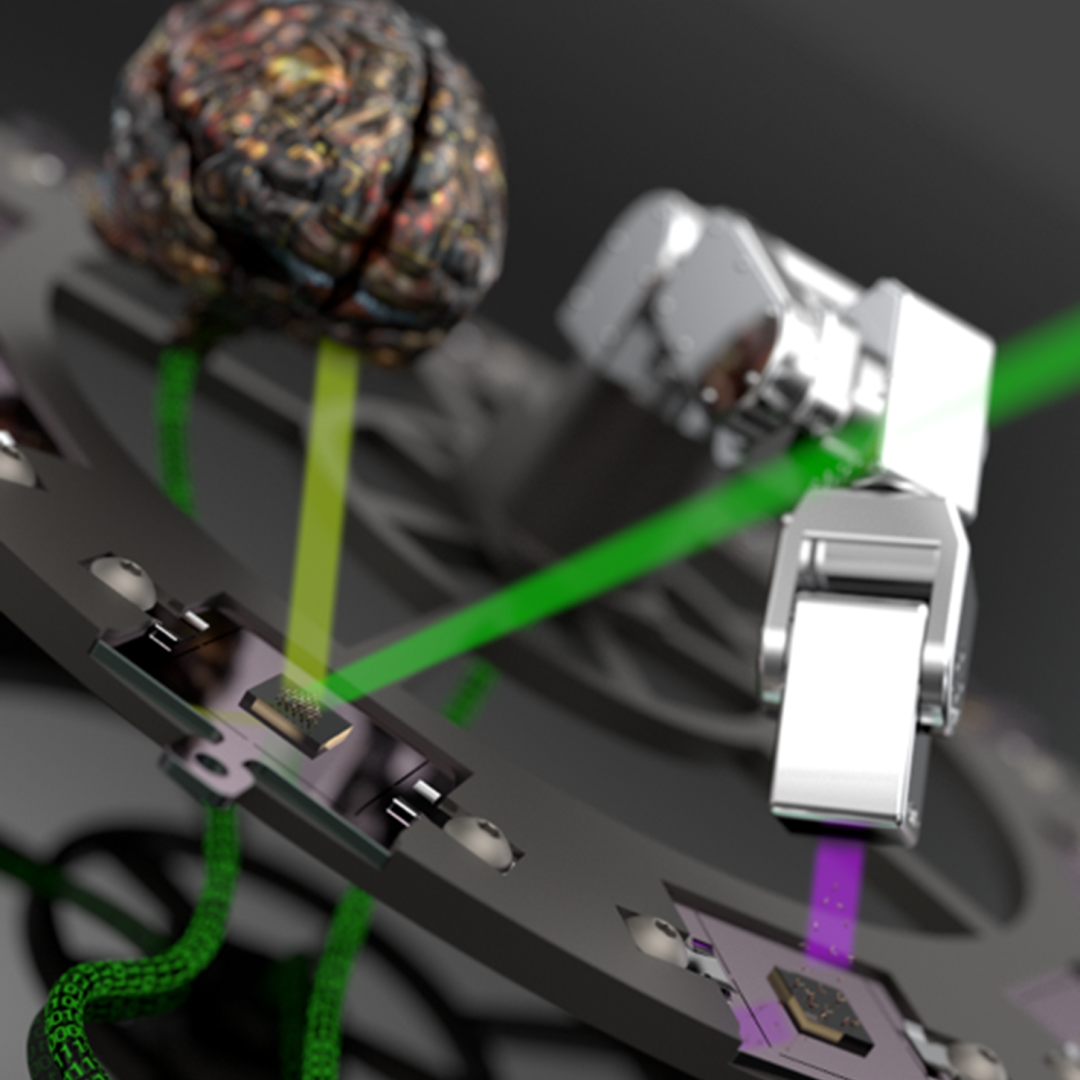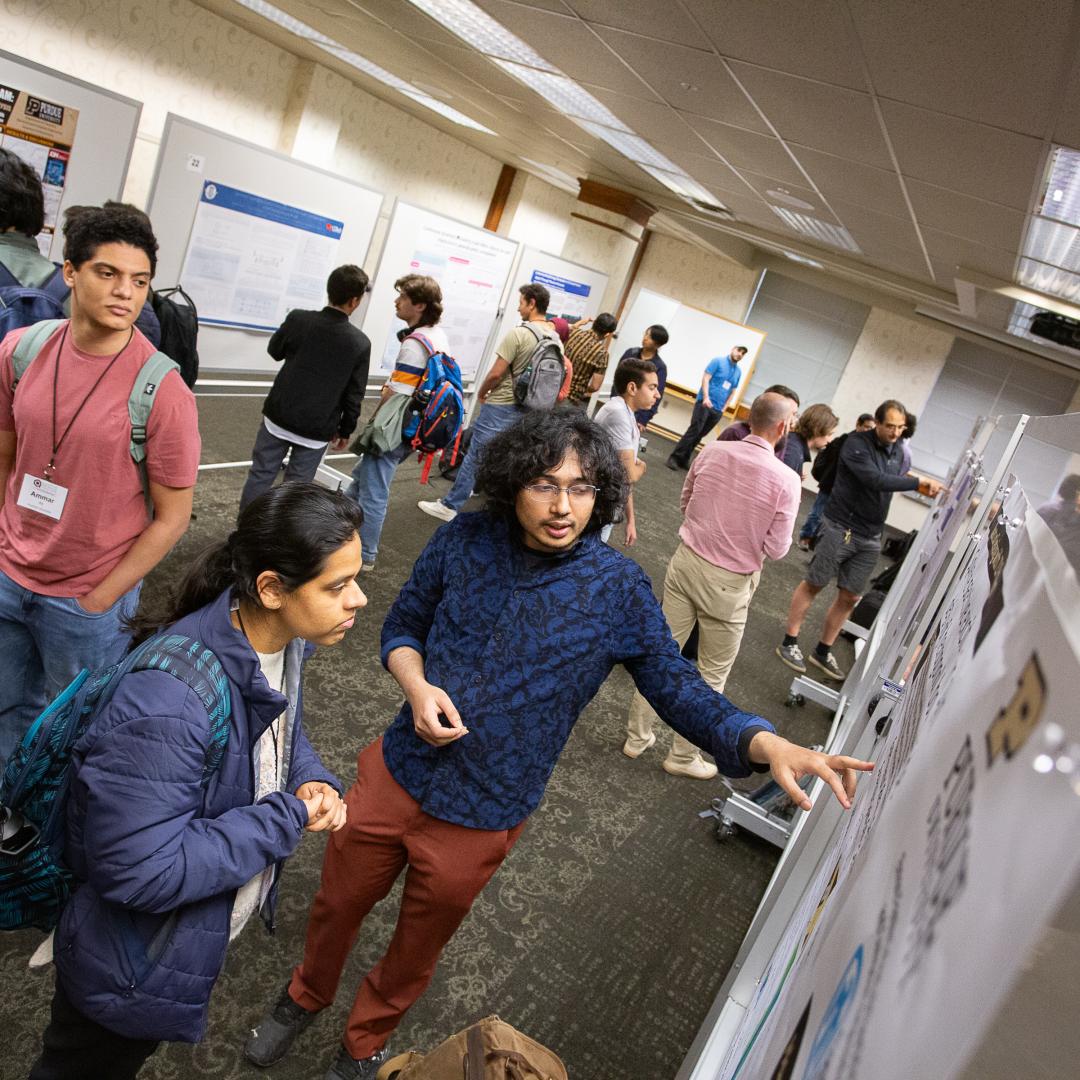Filter News
Area of Research
News Topics
- (-) Coronavirus (1)
- (-) Materials (1)
- 3-D Printing/Advanced Manufacturing (2)
- Artificial Intelligence (1)
- Big Data (1)
- Bioenergy (10)
- Biology (14)
- Biomedical (2)
- Biotechnology (2)
- Clean Water (3)
- Climate Change (9)
- Composites (1)
- Computer Science (3)
- Decarbonization (2)
- Environment (17)
- Grid (2)
- High-Performance Computing (3)
- Hydropower (3)
- Machine Learning (1)
- Mercury (1)
- Simulation (1)
- Sustainable Energy (9)
- Transportation (1)
Media Contacts

Oak Ridge National Laboratory scientists exploring bioenergy plant genetics have made a surprising discovery: a protein domain that could lead to new COVID-19 treatments.

Oak Ridge National Laboratory researchers determined that designing polymers specifically with upcycling in mind could reduce future plastic waste considerably and facilitate a circular economy where the material is used repeatedly.




